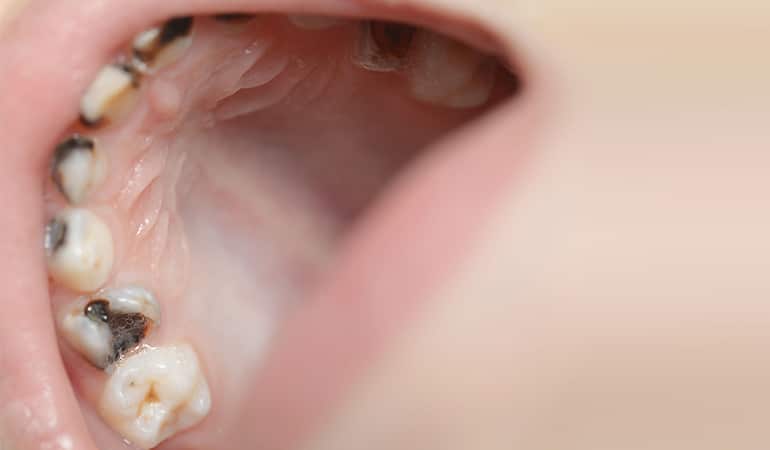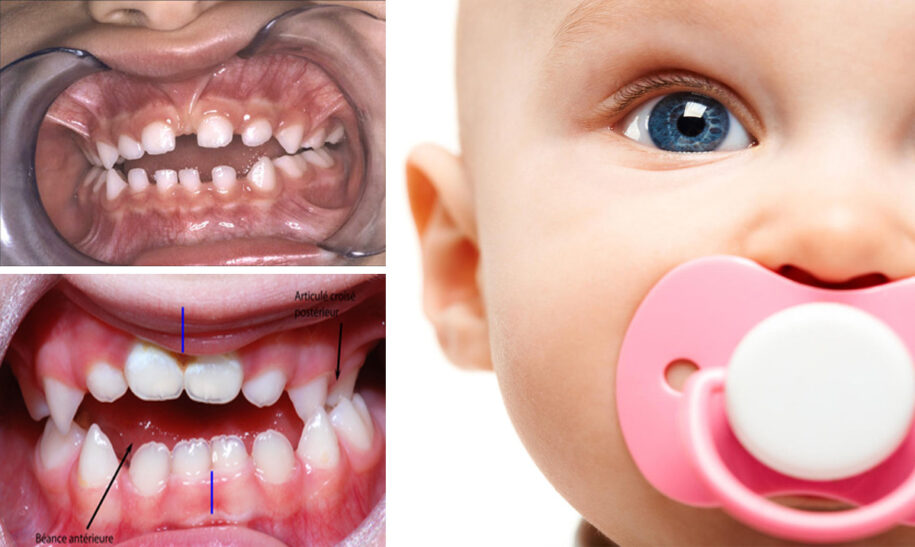8 Harmful Side Effects Of Baby Pacifiers
Our children are our babies no matter how old they get. We try to slow down time as they are growing, but it only seems to make it go faster.
We love our children so much it can be hard to explain. There is just nothing like that of the bond between mother and child, even father and child. Because of this, it can be hard to lead them in the right direction and make the best decisions for them because a lot of the time they don’t see it that way. Especially as babies. They cannot take care of themselves at all and it is completely up to a mother to tend to the baby’s every need. One particularly difficult thing to experience as our babies turn into toddlers is the pacifier.
Pacifiers are hard to wean a baby off, but what if they never needed them in the first place? You can skip the taking the pacifier away stage easily, but avoiding it completely. There are lots of reasons a baby really shouldn’t be sucking on a pacifier all the time.
For starters, pacifiers raise the risk of oral infections. They stay in the child’s mouth but they fall out all the time. While we do our best to keep them clean and sterile, the pacifier acquiring germs and pathogens is inevitable. They fall on trays, the floor, counters, you name it. Wherever baby goes, the pacifier goes. The main pathogens on pacifiers are Staphylococcus bacteria and Candida fungus.
They can also cause breastfeeding issues. If you are looking to breastfeed, which you should be, you need to avoid giving your baby a pacifier for the first six months. Pacifiers can cause disturbances in breastfeeding and it has even been proven to reduce breastfeeding duration.
Breastfeeding increases the bond between a baby and the mother, however, pacifiers distance it. When you use a pacifier the child gets less bonding, affection, increasing the distance in your relationship.
It also raises the risk of choking. Baby pacifiers raise risk for strangulation. You should especially never tie the pacifier around the child’s neck or hand.
They have also been linked to speech problems. Pacifiers are to be put away by 3 to 4 years of age. If not, it can cause problems with the development of their mouth and teeth, leading to speech problems.
Because pacifiers can affect the growth and development of the child’s mouth it can additionally raise the risk for tooth decay. There is so much contamination on a pacifier that it can cause infection in teeth. It is actually a greater germ risk than sucking on their fingers.

Some pacifiers are made with plastic that contains dangerous chemicals. Plastic is treated heavily and is known to contain different carcinogenic materials. Needless to say, you don’t want your baby sucking on something that could cause cancer.
Some pacifiers also contain allergens that can trigger a deadly reaction in your child. The journal Pediatrics suggests that parents can “clean” a pacifier by sucking on it. Your saliva, after all, has microbes that may stimulate the baby’s immune system. This is thought to minimize the risk of allergy development.


